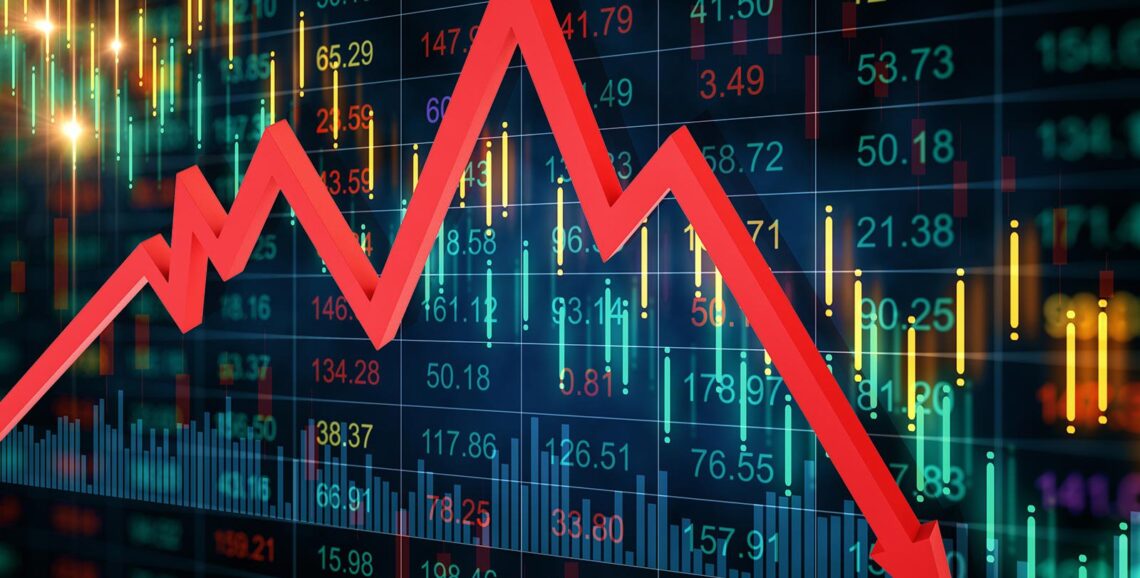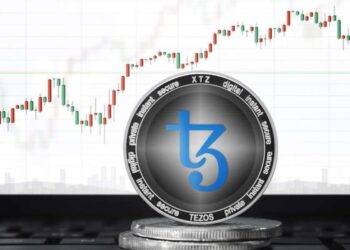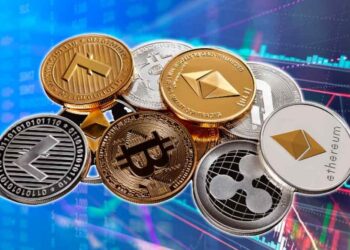Russia has been massing tens of thousands of troops on the Ukrainian border for the past month, an act of aggression that might escalate into Europe’s deadliest military conflict in decades. The war is about Ukraine’s future. However, experts have pointed to the war as the main reason for the drastically falling global markets.
If we look at the condition of global markets, it has been falling drastically due to the Russia-Ukraine crisis, and the tension has grabbed the markets already. The data clearly says it all. The Global market’s 1-month performance :
- S&P 500 : -7 %
- NIFTY: -66%
- Hang Seng: -5%
Now that we know the state of the markets and the impact they suffered due to the crisis. Before we head towards why the markets are being impacted, let’s first understand what is actually causing this conflict.
Russia-Ukraine Conflict
Ukraine was a part of the Russian Empire before becoming the Soviet Republic and shedding its Russian imperial past, forging close links with the West in the process.
Since independence, the country has struggled with corruption and internal strife. The western half of the country wants to integrate with the West, while the eastern half wants to integrate with Russia.

The conflict began after Ukrainian President Victor Yanukovych rejected a European Union association agreement in favour of deeper ties with Russia. In the so-called “Revolution of Dignity,” protestors overthrew him. In exchange, Russia grabbed Ukraine’s Crimean Peninsula and backed separatists in eastern Ukraine.
Ukraine and the West have accused Russia of providing troops and weapons to the rebels, which Russia has denied. Russia, on the other hand, slammed the US and NATO for assisting Ukraine with weapons and joint military exercises. President Putin has also expressed reservations about plans by several NATO members to create military training centres in Ukraine, arguing that this will help NATO gain a presence in the region even if Ukraine does not join the alliance.
In its security demands, Russia stated that it does not want Ukraine to join NATO and that all NATO manoeuvres along its borders be halted, as well as the evacuation of NATO forces from Central and Eastern Europe.
The US and NATO, on the other hand, have rejected Russia’s requests. The West is backing Ukraine and has threatened to financially punish Russia if its troops enter the country. And recently, Putin made it official and recognized Donbas as independent for which, it was threatening to annex where 40% of the population is Russian.
This conflict has sent markets into a frenzy.
Market Repercussions
As Russia increased the stakes in the geopolitical game it is playing along its border with Ukraine, the stock market sank for the fifth day in a row. Analysts suggest caution and a reduction in leveraged positions. In Europe too, traders bet that the unfolding scenario has already been priced into stocks, boosting sentiment. The MOEX Russia Index is trading 1.6 per cent higher, recouping some of its earlier losses.

Russia is the world’s greatest exporter of natural gas and wheat. Ukraine is the world’s third-largest exporter of corn and fourth-largest exporter of wheat.
A war could result in a significant reduction in the availability of these vital products. Because many sectors rely on these fundamental commodities, investors have begun to withdraw their funds from the stock market and shift their assets from equity to safe havens such as bonds and gold. Investors typically rush back to bonds, which are viewed as the safest investments, after a large risk event, and this time may be no different, even if a Russian invasion of Ukraine risks further fanning oil prices — and thus inflation.
Inflation at multi-decade highs and the prospect of interest rate hikes have made for a tense start to the year for bond markets, with US 10-year rates still lingering near 2% and German 10-year yields above 0% for the first time since 2019. However, a full-fledged battle between Russia and Ukraine might change that.
The euro/Swiss franc exchange rate is recognized as the most important indicator of geopolitical risk in the eurozone in forex markets since the Swiss currency has traditionally been viewed as a safe haven by investors. In late January, it reached its highest point since May 2015.

Putin’s actions have been roundly denounced by the UN, with Biden already declaring the first round of economic sanctions on Russia. European countries also began announcing penalties against Russia, with German Chancellor Olaf Scholz stating that the Nord Stream 2 gas pipeline will now be denied certification to begin operations, and the United Kingdom threatening to take action against Russian banks.
Let’s see if this disagreement can be addressed peacefully or if it will turn into a replay of 2014.
Also Checkout: The controversial BJP post is a reflection of the increasing failure of social media platforms to curb hate












